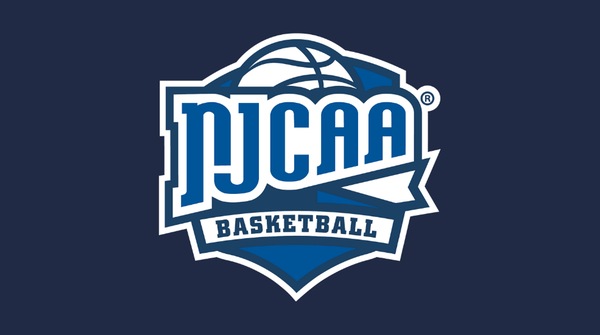Blakeon18
Dormie
- Joined
- Aug 24, 2011
- Messages
- 4,135
- Reaction Score
- 13,290
If you are a D3 JC player you would normally have 2 years of athletic eligibility
left for you after graduation should you transfer to a D1 or D2 school....correct?
We know that the NCAA regards last season as one that simply does not count against a player due to covid.
Is that true for a JC player at a D3 level? Upon graduating after your second JC year would you have 'just' the usual 2 years of playing open for you...or would it be 3?
left for you after graduation should you transfer to a D1 or D2 school....correct?
We know that the NCAA regards last season as one that simply does not count against a player due to covid.
Is that true for a JC player at a D3 level? Upon graduating after your second JC year would you have 'just' the usual 2 years of playing open for you...or would it be 3?



